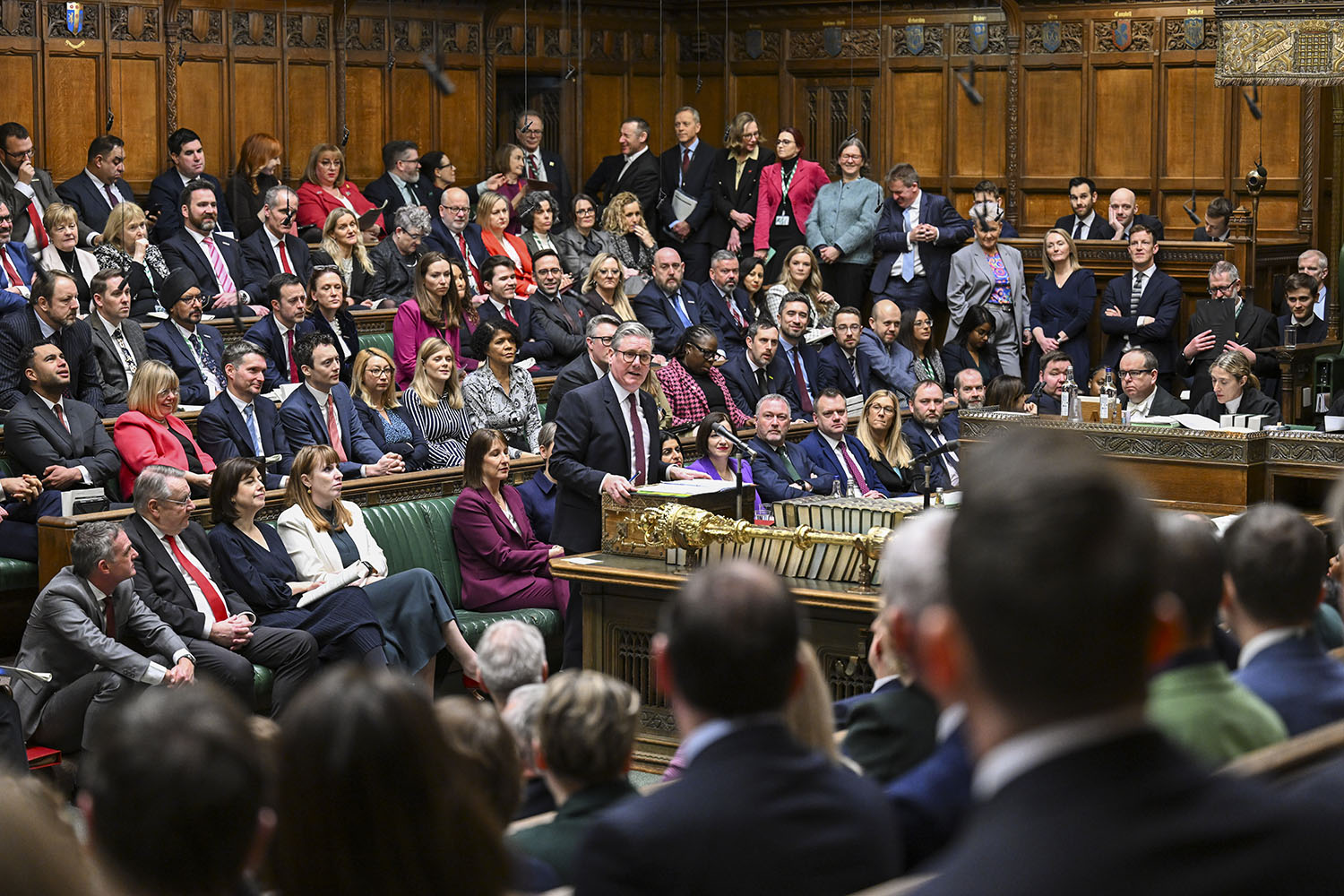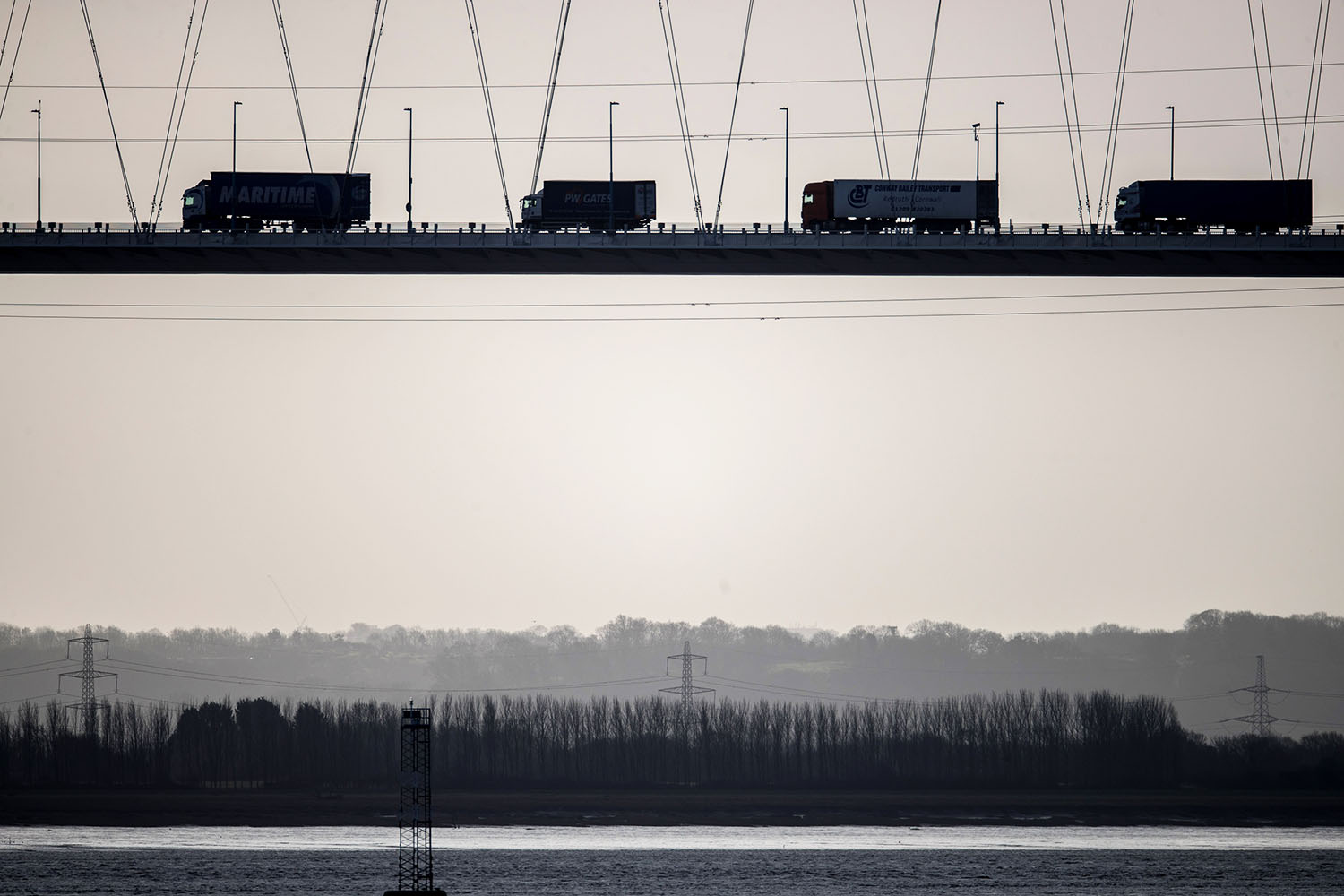
Nine months into power, Keir Starmer has finally found his mission: shrinking the state.
Labour yesterday announced sweeping changes to the welfare system, which include tightening the eligibility criteria for personal independent payments, the main non-work related disability benefit, and cutting incapacity benefit for new claimants deemed unfit to work.
The government hopes to save more than £5 billion, even though an extra £1 billion will be spent helping people get back into jobs.
But these drastic changes should not be seen in isolation.
They’re part of a package of domestic reforms that Labour believes will restore trust in government.
One week out from the chancellor’s spring statement, Labour has also:
- announced a series of reforms to what Starmer branded the “flabby” civil service;
- started reducing the “watchdog state” by axing regulators and quangos including NHS England; and
- revealed plans for the “mass cancellation” of government credit cards, to stop waste in procurement.
Labour has been criticised by figures such as the former cabinet secretary Gus O’Donnell for aping Elon Musk’s slash-and-burn approach at Doge, particularly when it comes to rhetoric.
While sources suggest there is a degree of regret, parallels remain – not least the credit cards policy announced on Monday, through which “almost all” of the 20,000 government procurement credit cards will be frozen and officials “forced to reapply and justify that they really need them”.
This is a forever war. Every government pledges to cut back on spending, and few if any manage it.
Will Labour be different from those who have attempted such moves before? Yes, says Professor Michael Kenny of the Bennett Institute for Public Policy at Cambridge. For three reasons:
- In cutting quangos and regulators, the government is looking to give ministers greater control and “reclaim the space” when it comes to decisions.
- In rewiring the civil service, technological expertise will be spread broadly throughout Whitehall – Starmer is aiming for one in ten officials to be digital specialists – rather than sitting in a siloed service.
- Rhetoric aside, Labour is treading a path that reforms the state without waging a war on it, while restoring public trust in politics and political institutions.
On Monday, Reeves summoned several regulators to Downing Street as part of her pledge to cut red tape – a key ask for business, particularly since Brexit. Reeves said over-regulation was holding back growth and making it “too slow to get things done”.
The first irony is that Labour is already associated with an expanding state, having created several quangos of its own including Reeves’s own Office for Value for Money. Described by the Treasury select committee as a “poorly defined” organisation without a clear remit, its creation reflects Labour’s very recent conversion to ending the “watchdog state”.
The second irony relates to plans to cut the civil service. Several officials, former and current, have told Tortoise this Labour government has been particularly reliant on them for policy development.
According to Cabinet Office data, before Labour’s chainsaw revving there were 305 arms-length bodies employing nearly 400,000 full-time staff. The health secretary, Wes Streeting, said on Sunday the reforms would cause “significant” job losses. But he added: “I’ve got to make the changes that are necessary.”
Labour should be careful what it wishes for. ‘Taking back control’ means there is nowhere to hide when things go wrong. Scrapping NHS England might be broadly popular but letting the buck stop with ministers means they pay the price when things go wrong.
In an opinion piece in the Sunday Telegraph, Streeting vowed that these changes were “the beginning, not the end”. Labour has clearly latched onto reform as a guiding principle, even if it pleases more MPs on the opposition benches than its own.
There is another way. Labour MPs and various think tanks have argued for alternatives to spending cuts that include revising the fiscal rules, or even a targeted defence levy. These would not be without political consequence but they also miss a point that’s increasingly clear: for Starmer, shrinking the state is not a means to an end, but an end in itself.
Photo credit: House of Commons









